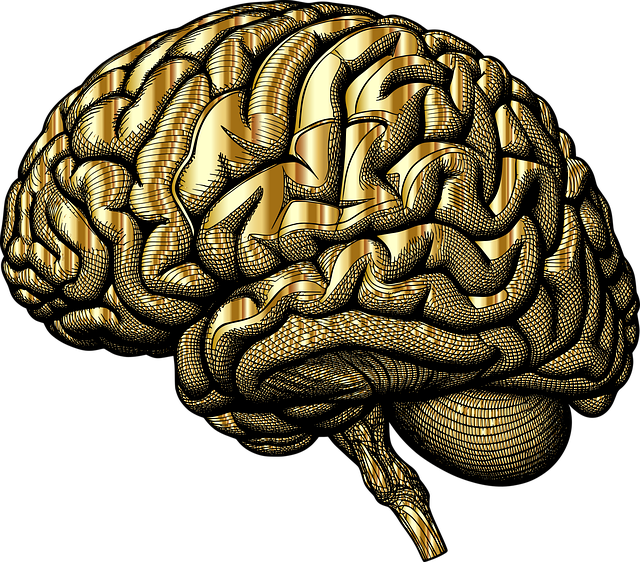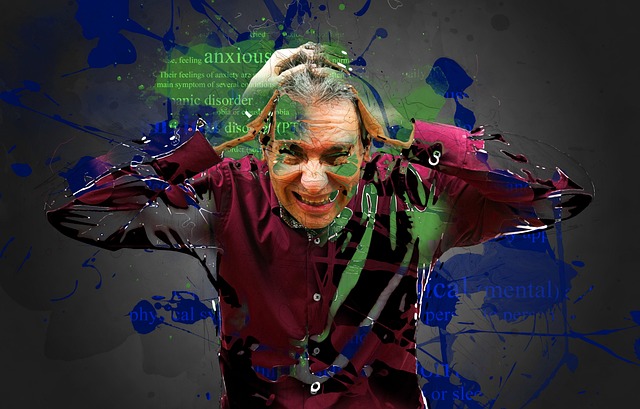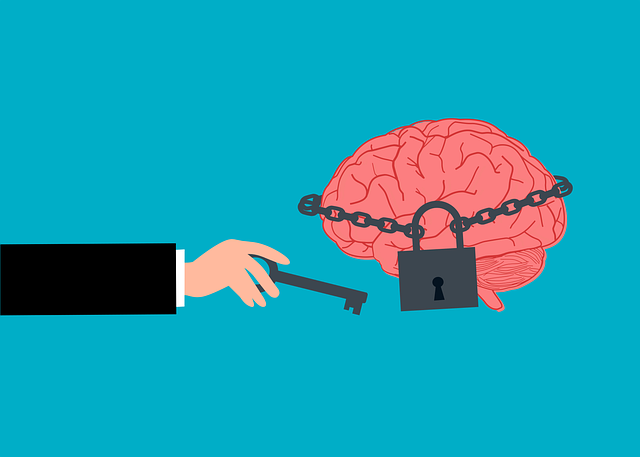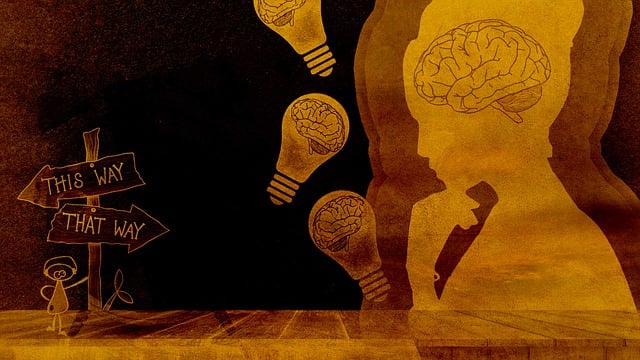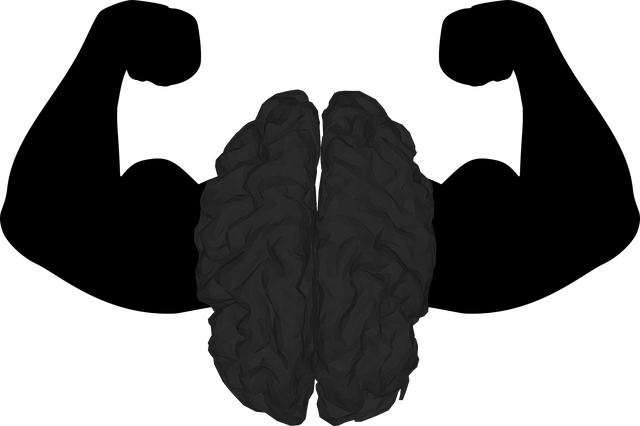The text highlights the severe consequences of mental illness stigma, leading to isolation and hindering access to critical support. The Wheat Ridge German Speaking Therapy center emphasizes its role in reducing stigma through comprehensive educational initiatives, including workshops, journaling exercises, and advocacy. They aim to demystify mental health issues, empower individuals with coping strategies, and foster empathy. Support groups, community involvement, media representation, and policy advocacy are crucial components of their strategy. By addressing stigma at individual, community, and societal levels, Wheat Ridge German Speaking Therapy strives to improve mental healthcare access, prevent professional burnout, and promote a more supportive environment for those facing mental health challenges.
Stigma surrounding mental illness persists, hindering individuals from seeking help. This article delves into multi-faceted strategies to reduce this barrier, drawing insights from various angles. We explore the profound impact of stigma on mental health, examining its effects on those affected. Educational initiatives like Wheat Ridge German Speaking Therapy play a pivotal role in fostering understanding and empathy. Support groups empower individuals while media representation shapes public perception, offering more nuanced views. Additionally, policy changes are vital for creating an inclusive society where mental illness is met with compassion, not judgment.
- Understanding Stigma: Its Impact on Mental Health Individuals
- The Role of Education in Reducing Wheat Ridge German Speaking Therapy Stigma
- Empowering Through Support Groups and Communities
- Media Representation: Shaping Public Perception
- Policy and Legal Measures for a More Inclusive Society
Understanding Stigma: Its Impact on Mental Health Individuals

Stigma surrounding mental illness can have profound effects on individuals’ well-being, often leading to isolation and a barrier to seeking much-needed support. When a person with a mental health condition faces stigma, they may internalize societal beliefs, resulting in self-stigma, where they perceive themselves as flawed or weak. This can significantly impact their motivation to pursue treatment and recovery. For instance, a study by the Wheat Ridge German Speaking Therapy center revealed that stigma is a significant obstacle for many individuals seeking therapy, often deterring them from accessing essential care.
The consequences of stigma extend beyond individual experiences; it affects society as a whole. It can contribute to the underfunding of mental health services and perpetuate employment discrimination, further marginalizing those with mental illnesses. Mental Wellness Journaling Exercises and guidance can be powerful tools to combat stigma by encouraging self-reflection and challenging negative beliefs. Additionally, Mental Health Policy Analysis and Advocacy play a crucial role in reshaping societal attitudes through education, improved healthcare access, and Burnout Prevention strategies for mental health professionals.
The Role of Education in Reducing Wheat Ridge German Speaking Therapy Stigma

Education plays a pivotal role in reducing the stigma surrounding mental illness, and Wheat Ridge German Speaking Therapy has been at the forefront of this initiative. Through interactive workshops and informative sessions, the therapy center equips individuals with a deeper understanding of mental health issues. By demystifying various conditions and breaking down common misconceptions, they foster an environment where people feel comfortable discussing their experiences openly.
The approach focuses on raising awareness about the impact of mental illness and promoting empathy. Topics such as mindfulness meditation and emotional intelligence are incorporated into educational programs, teaching participants practical strategies for supporting themselves and others. This holistic education method not only reduces stigma but also empowers individuals to navigate conversations around mental health with increased sensitivity and insight, ultimately contributing to a more supportive community for those facing mental illness challenges.
Empowering Through Support Groups and Communities

Support groups and communities play a pivotal role in mental illness stigma reduction efforts. These platforms offer individuals facing similar challenges a safe space to share experiences, fostering understanding and empathy. At Wheat Ridge German Speaking Therapy, for instance, support groups facilitate open dialogue, challenging societal norms and stereotypes associated with mental health issues. By participating in such groups, individuals can gain valuable insights, learn coping mechanisms, and build resilience, ultimately enhancing their overall well-being.
Community involvement is another crucial aspect of stigma reduction. Mental health education programs designed to inform the general public about mental illness can dispel misconceptions and promote empathy. These programs, often coupled with stress reduction methods, empower individuals to support themselves and others. Through open conversations, shared resources, and a sense of belonging, communities become powerful tools in the fight against mental illness stigma.
Media Representation: Shaping Public Perception

The media plays a pivotal role in shaping public perception about mental illness, often influencing how society understands and responds to it. Accurate and compassionate media representation can significantly contribute to stigma reduction efforts by humanizing individuals with mental health challenges and fostering empathy. At Wheat Ridge German Speaking Therapy, we recognize the power of media in this process. By promoting stories that showcase recovery journeys, diverse experiences, and the effectiveness of therapy, we aim to challenge stereotypes and encourage a more nuanced understanding.
Incorporating mental wellness journaling exercises and providing coping skills development guidance can empower individuals to share their personal narratives, further enriching media conversations about mental health. Moreover, encouraging healthcare providers to implement burnout prevention strategies can ensure professionals are equipped not only to offer quality care but also to engage in open dialogue about mental illness, thereby reducing the stigma associated with seeking support.
Policy and Legal Measures for a More Inclusive Society

In many societies, mental illness remains stigmatized, often leading to discrimination and social isolation. Policy and legal measures play a pivotal role in fostering an inclusive society where individuals with mental health challenges are treated with dignity and respect. Governments can significantly contribute by implementing laws that protect people with mental illnesses from discrimination in employment, housing, and access to healthcare services. For instance, Wheat Ridge German Speaking Therapy advocates for policies that ensure equal opportunities and support systems for those seeking therapy or mental health care.
By integrating Burnout Prevention Strategies for Healthcare Providers and designing Mental Health Education Programs, societies can raise awareness, reduce prejudice, and promote empathy. These initiatives aim to educate the public, healthcare professionals, and policymakers about mental wellness as an integral part of overall well-being. Such efforts can lead to more compassionate communities where people are encouraged to seek help without fear of judgment, ultimately reducing the stigma associated with mental illness.
In addressing mental illness stigma, a multifaceted approach is essential. From education initiatives like those seen in Wheat Ridge German Speaking Therapy to media representation that portrays mental health accurately, every effort contributes to creating a more inclusive society. Support groups and communities empower individuals while policy and legal measures ensure equal treatment. By understanding the profound impact of stigma and taking collective action, we can break down barriers and foster an environment where everyone receives the support they need for their mental well-being.
